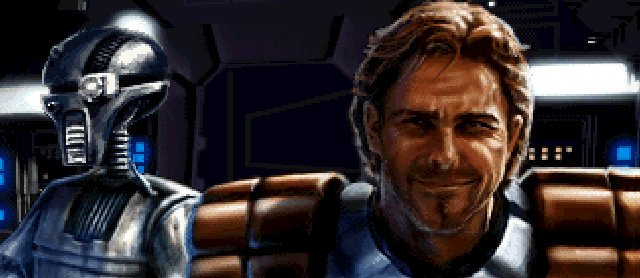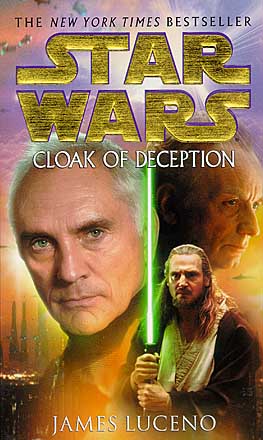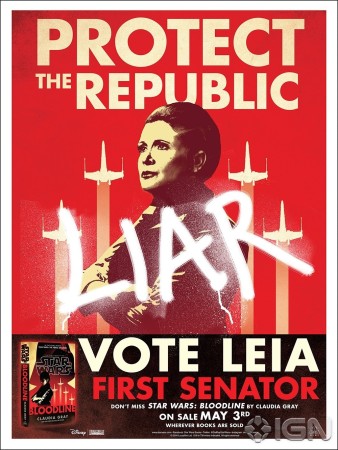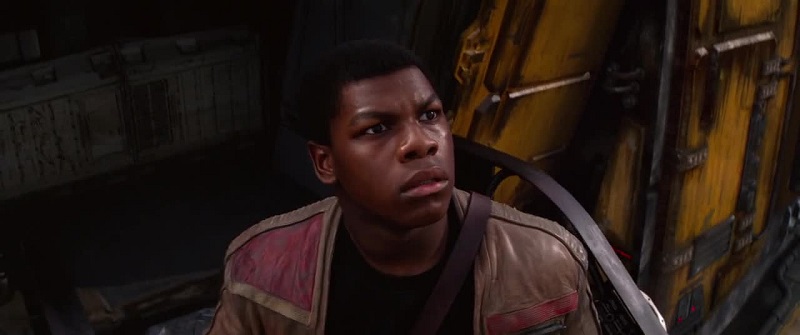
A long time ago, in another millennium entirely, I had only just discovered Star Wars via the Special Editions and I was hungry for more. The Paradise Snare, book one of A.C. Crispin’s Han Solo Trilogy, was my first SW book, but I didn’t actually choose for it to be—it was the summer of 1997, my fifteenth birthday was coming up, and I asked my mother to get me what seemed like the most exciting, natural entry point into the world of the Expanded Universe. No, not Heir to the Empire—Shadows of the Empire. I don’t even know how I actually managed to hear about it, since I didn’t own a single piece of merchandise at this point, but somehow there were enough remainders of its huge multimedia bonanza the previous year that it got through to my young, ignorant brain that this was an Important Story.
Exactly how hard my mother looked for it—it would’ve been out in paperback by this point—will forever remain a mystery, but one way or another she eventually settled on Paradise Snare instead. I can only imagine what was going through her head as she browsed through things like The Crystal Star and Splinter of the Mind’s Eye before deciding for some unknowable reason that that was the right call, but in retrospect, it actually was a pretty good call. Not only was the HST a great story, but Paradise Snare being set as early in the timeline as it was led to me reading the entire Bantam era pretty much in chronological order, which had a huge impact on how I ultimately became familiar with stories like Dark Empire, the Corellian Trilogy, and yes, Shadows of the Empire. Read More
 A “fix” book? What on earth is a fix book? Much as we may love it, over the years, Star Wars has acquired a deserved reputation for some quite off the wall plot concepts. Ideas like casually dropping the bomb that Vader is Luke’s father to the far more infamous taxation plot of The Phantom Menace. In some cases, a book comes out and addresses such plots head on. It considers how to either make a broken plot work or enhance an existing one that works adequately but could be improved. With the advent of the prequels, this became more noticeable but was not restricted to them. Is Bloodline one of these books? No, it isn’t. Why? Read on…
A “fix” book? What on earth is a fix book? Much as we may love it, over the years, Star Wars has acquired a deserved reputation for some quite off the wall plot concepts. Ideas like casually dropping the bomb that Vader is Luke’s father to the far more infamous taxation plot of The Phantom Menace. In some cases, a book comes out and addresses such plots head on. It considers how to either make a broken plot work or enhance an existing one that works adequately but could be improved. With the advent of the prequels, this became more noticeable but was not restricted to them. Is Bloodline one of these books? No, it isn’t. Why? Read on… Bloodline was just the Star Wars tale I’d been waiting for. I love politics, and I have been wanting a good Leia-centric book in which she’s really in her element as a politician. In that, Bloodline was outstanding- and it did indeed answer a good deal of my questions about The Force Awakens‘ political situation and just what had happened to the galaxy. I’m glad that not all of the questions were answered, and that there is still so much room to tell stories in the galaxy, but this was just what I needed to read.
Bloodline was just the Star Wars tale I’d been waiting for. I love politics, and I have been wanting a good Leia-centric book in which she’s really in her element as a politician. In that, Bloodline was outstanding- and it did indeed answer a good deal of my questions about The Force Awakens‘ political situation and just what had happened to the galaxy. I’m glad that not all of the questions were answered, and that there is still so much room to tell stories in the galaxy, but this was just what I needed to read. 
![john-boehner[1]](http://eleven-thirtyeight.com/wp-content/uploads/2016/05/john-boehner1.jpg)
